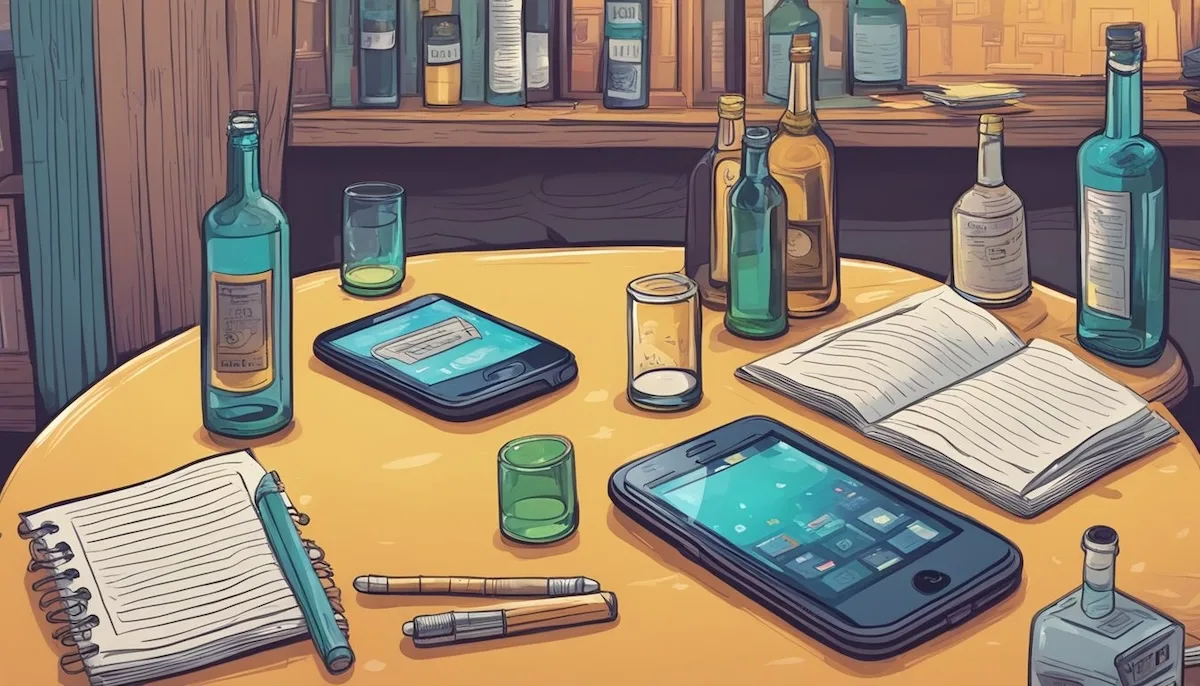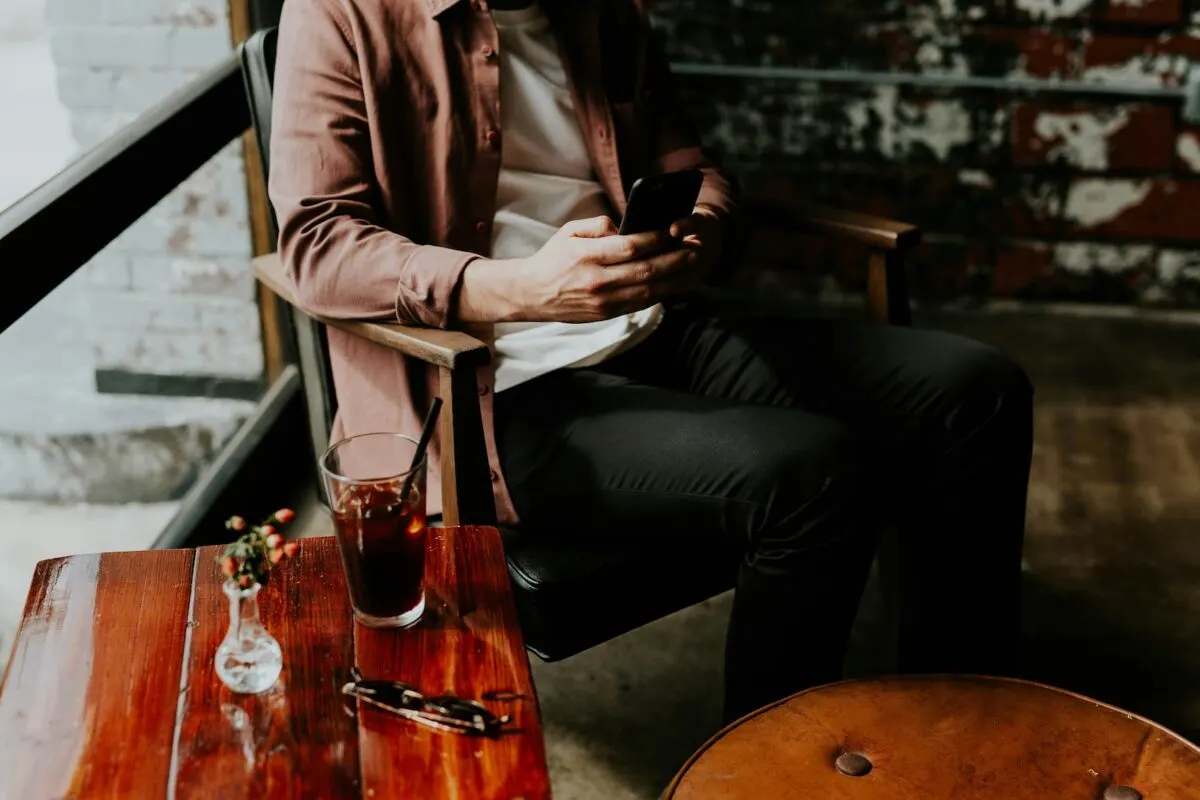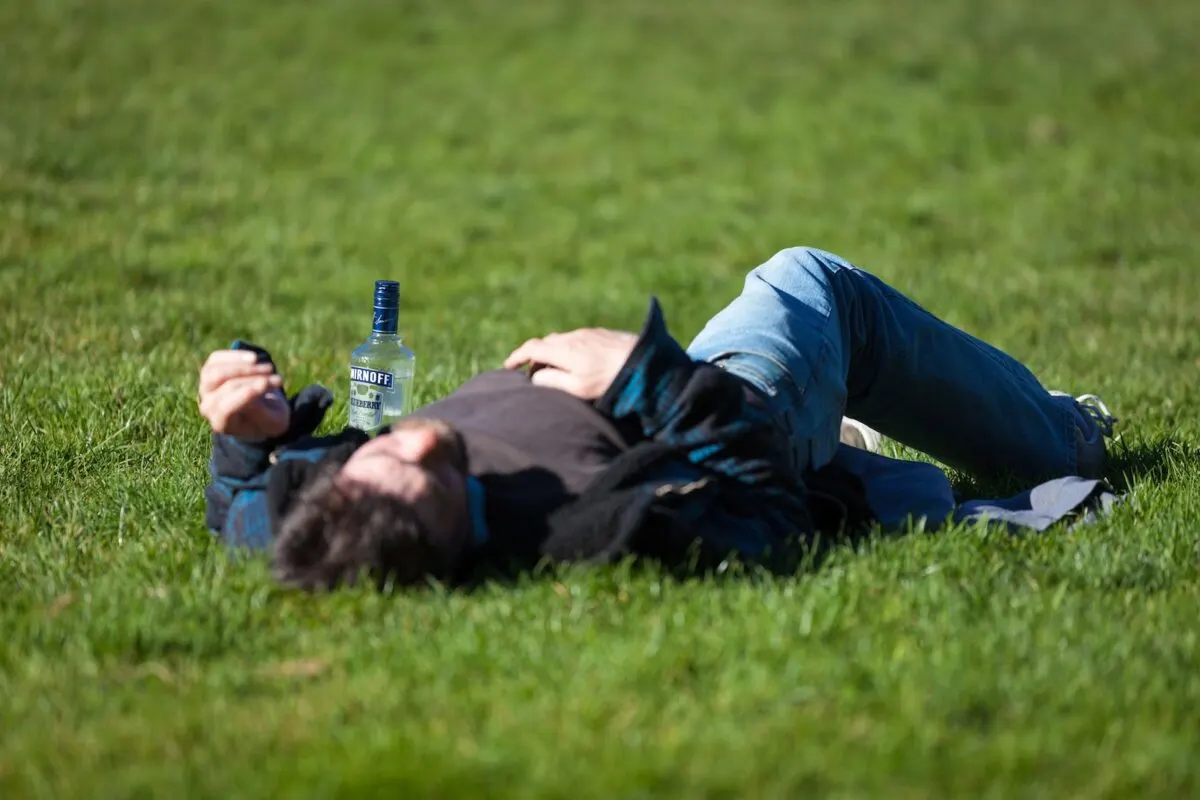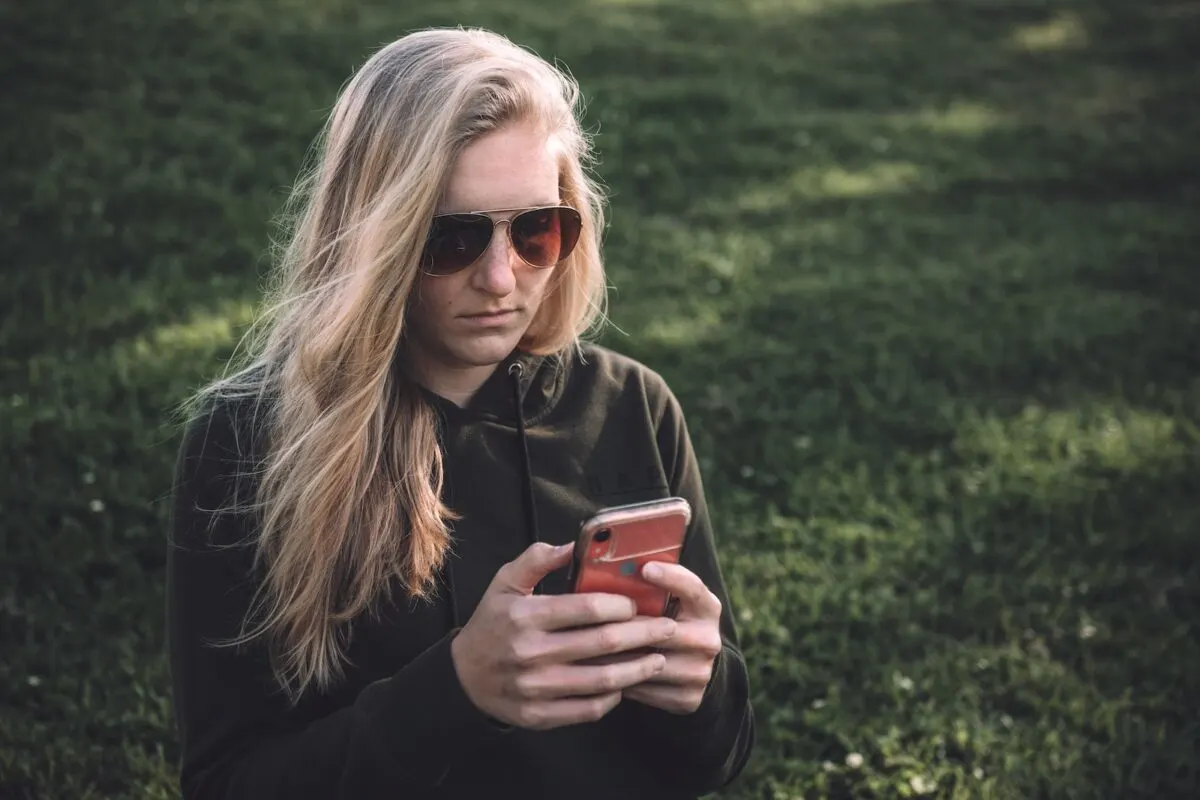Drunk texting is a phenomenon most people have experienced firsthand or witnessed in their friends and acquaintances. It’s that moment when, under the influence of alcohol, our inhibitions seem to disappear, and we find ourselves reaching for our phones to send messages we might never dare to write while sober. This intriguing behavior raises many questions, including what drives us to drunk text and whether or not these messages hold any meaning. This article analyzes the psychology behind drunk texting and what you can do about it.
Various research studies have attempted to delve into the psychology behind drunk texting, analyzing the motivations behind it and the correlations with our emotional state. Some studies suggest that drunk texting may be related to difficulties in emotional regulation and a need to vent out repressed feelings. As alcohol impairs our judgment and lowers our inhibitions, we might use texting as a means to express emotions or thoughts that we otherwise keep guarded.
Key Takeaways
- Drunk texting can be an outcome of lowered inhibitions and difficulties in emotional regulation.
- While these messages might contain some truth, they should not be taken as accurate representations of our sober selves.
- Practicing caution and responsibility while drinking is essential to avoid embarrassing or unintended consequences the morning after.
Why We Drunk Text According to Science
You might wonder what drives you to send those embarrassing late-night texts after a few drinks. Surprisingly, there’s a scientific explanation behind this phenomenon known as drunk texting.

First, it’s essential to understand how alcohol affects your brain. As you consume alcohol, it has a direct impact on various areas of the brain, leading to behavioral changes. Alcohol is known to reduce inhibition and impair your judgment. This means that when you’re intoxicated, you’re more likely to engage in actions that you wouldn’t consider when sober.
One such behavior is drunk texting. Under the influence of alcohol, you may feel a sudden confidence or urge to communicate with someone, even if it isn’t the best idea. You might reveal personal information, express feelings, or send inappropriate texts you wouldn’t have considered otherwise. But why does this happen?
Researchers suggest that alcohol can cause personality shifts and poor decision-making. While you’re drunk, you become less aware of potential consequences, leading to impulsive texting. Additionally, it’s important to note that when you’re drunk, your ability to recognize mistakes is diminished. In other words, even if you make a texting blunder, you’re unlikely to realize it in the moment.
Let’s not forget the pre-cellphone era. Drunk dialing used to be the equivalent of drunk texting and was the classic example of alcohol-induced embarrassing communication. As technology evolved, we now have multiple means to express ourselves under the influence, which only broadens the opportunities for embarrassment.
So next time you reach for your phone after a drink, remember there’s a scientific reason behind that impulse. Alcohol can alter your judgment and lower your inhibitions, leading to hasty decisions you may regret later. Handing your phone off to a trusted friend or turning it off to avoid texting mishaps might be a good idea.
Do Drunk Texts Hold Any Meaning?
It’s common to wonder whether the content of drunk texts has any significance. While alcohol impairs judgment and reduces inhibitions, it does not necessarily mean that your inebriated messages lack meaning altogether.
In some cases, drunk texts might reflect your true feelings or thoughts that you would typically suppress. When you drink, certain barriers come down, allowing your emotions and desires to be expressed more freely. It’s essential, however, not to jump to conclusions just based on a single message sent under the influence.
On the other hand, alcohol may lead you to misinterpret situations or invent scenarios that have no basis in reality. Your drunk texts might arise from exaggerated emotions, impulsive reactions, or misunderstandings. It’s important to remember that when you’re intoxicated, your brain’s capacity to make rational decisions is impaired, so it’s not always wise to trust the accuracy of your drunken correspondence.

To help decipher the meaning behind drunk texts, consider the following factors:
- Context: Assess the situation that led to the text being sent. Were you with friends you trust or in an unfamiliar setting? The context might provide clues about your state when composing the message.
Content: Examine what was written. Was it coherent and clearly expressing an emotion or thought, or nonsensical and garbled? The substance of the text can help you determine the validity of its meaning.
Consistency: Compare the message with your sober thoughts and beliefs. Is the sentiment in the text something you have considered or felt before, or is it wildly divergent from your usual perspective? The consistency between your drunk and sober selves can suggest whether the text holds genuine meaning.
Take the time to reflect upon your drunken correspondence, and consider discussing it with the recipient to gain further insight, if necessary and appropriate. By examining your drunk texts’ context, content, and consistency, you can better understand their meaning and respond accordingly.
Avoid Texting When Drunk
Drinking alcohol can have a significant impact on your emotion regulation skills, making it harder to make rational decisions. When you’re intoxicated, you tend to let go of your inhibitions, which might be why drunk texting is more common when you’ve had a few too many drinks. Adopting a friendly tone, here are some suggestions on how to avoid texting when drunk.
- Be mindful of your triggers: Make a mental note of situations or feelings that tend to prompt a night of drunk texting. Awareness of these triggers can help you prepare beforehand so you can avoid texting when your inhibitions are lowered by alcohol use.
- Choose your company wisely: Surround yourself with friends and loved ones who understand your struggle with drunk texting and can discourage you from sending those late-night messages.
- Have a designated text buddy: Assign a close friend to monitor your phone usage when you’re out drinking. They can remind you not to text when you’re under the influence.
- Switch to airplane mode: Turning on airplane mode will limit your ability to send texts. This simple action serves as a barrier between you and any potential recipients of your drunk texts.
- Find alternative ways to improve your mood: Drinking alcohol can be a temporary escape for some people when they’re looking for a way to regulate their emotions. Consider instead engaging in activities that promote a healthier mental state, such as exercising, spending time in nature, or engaging in creative hobbies.
Remember, improving your mental health and finding better ways to cope with your emotions is essential in addressing the root cause of drunk texting. It’s important to understand the relationship between alcohol use and emotion regulation, as this connection can shed light on why we might text when we’re intoxicated. Consciously practicing mindfulness and developing healthier coping mechanisms can go a long way in preventing drunk texts and improving your overall well-being.

Consequences and Aftermath: The morning after
Waking up after a night of drinking can often bring along feelings of regret, shame, and guilt. When you realize that you’ve been drunk texting, those feelings can intensify. In this friendly guide, let’s explore the consequences and aftermath of the morning after a night of drunk texting.
As you scroll through your messages and see the mistakes you made, it’s natural to feel embarrassed. You may have revealed your feelings to someone, overshared personal information, or sent inappropriate messages. The relationship between you and the recipients of those texts can be strained as a result. Remember that humility and communication are crucial in facing these consequences head-on.
Upon realizing your mistakes, consider the following steps to mend the situation:
- Apologize: Be sincere and honest in your apology without making excuses for your behavior.
- Acknowledge: Recognize the impact of your actions on the other person and express that understanding.
- Learn: Use this experience as an opportunity to grow and avoid repeating the same mistakes in the future.
As the recipient of drunk texts, you are also faced with a few decisions. You can:
- Sympathize and understand that the sender might not be in their best state of mind during the time of texting
- Acknowledge the sender’s feelings and ask them to discuss the matter when they are sober
- Set boundaries if this behavior occurs consistently or if it hurts your relationship
It’s important to remember that we all make mistakes, and how we handle them can define our relationships and personal growth. So, the next time you find yourself dealing with the aftermath of drunk texting, take a deep breath, address the situation, and remind yourself that you can learn from your mistakes.
How to Respond When an Ex Drunk Texts You
When your ex texts you, the first thing to remember is to remain calm. It’s essential to consider the potential reasons behind their action and assess your own emotions in response.
1. Avoid responding immediately: Give yourself time to process the message and decide if responding is necessary. You could even sleep on it and decide on a reply the following day. This way, you’ll be in a clearer state of mind, reducing the likelihood of escalating the situation.
2. Understand their emotions: Often, drunk texting stems from various emotions like ego, desire, or grief. Empathize with your ex and recognize they might be experiencing vulnerability.
3. Be polite and respectful: If you decide to respond to the text, use a friendly and respectful tone. Your ex may feel embarrassed, so it’s important not to make them feel worse.
4. Reflect on your feelings: Before responding, determine if there are any unresolved feelings or lingering emotions between the two of you. This will help guide your response healthily and honestly.
5. Be honest but firm: If you want to address the drunk text, be honest, but ensure you’re setting boundaries. Politely letting them know you’d instead not engage in this conversation is valid.

Remember, how you respond to a drunk text from an ex ultimately depends on your circumstances and feelings. By giving yourself time, considering your emotions, and maintaining honest communication, you can navigate this delicate situation gracefully.
Frequently Asked Questions
When someone texts you while they are intoxicated, it may suggest that they’re feeling more emotionally open or impulsive due to alcohol’s effects. It’s important to remember that the person may not be thinking as clearly as when sober, so the content of the message might not be as reliable or meaningful as it initially seems.
Drunk texts can sometimes reveal honest thoughts and feelings that an individual might be hesitant to express while sober. However, alcohol can also impair judgment, causing people to say things that they don’t truly mean. It’s essential to be cautious when interpreting messages sent under the influence of alcohol and break down the conversation when both parties are sober.
Frequent drunk texting can be a cause for concern, as it may indicate a pattern of heavy drinking or an inability to control impulses while intoxicated. A 2021 study found that drunk texting was a predictor of heavy drinking in participants. If you notice someone repeatedly engaging in this behavior, it might be worth conversing about their drinking habits and potential risks.
If you receive a text from someone drunk, keep an open mind and avoid jumping to conclusions. Understand that the sender may have altered judgment, and their message might not accurately reflect their true feelings. It’s best to wait until the person is sober before engaging in a serious discussion about the content of the message.
Alcohol can lower inhibitions and increase impulsive behavior, leading individuals to send texts that they might not send while sober. They might feel a false sense of confidence or become more emotionally expressive, causing them to reach out to others. However, it’s essential to remember that the decision-making process can be strongly affected by alcohol consumption, so one should consider drunk texts with caution.
